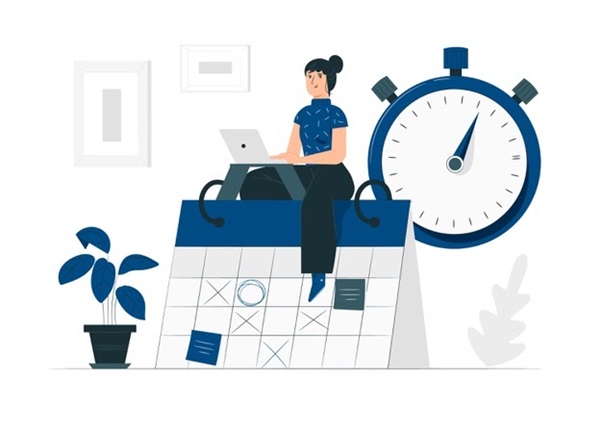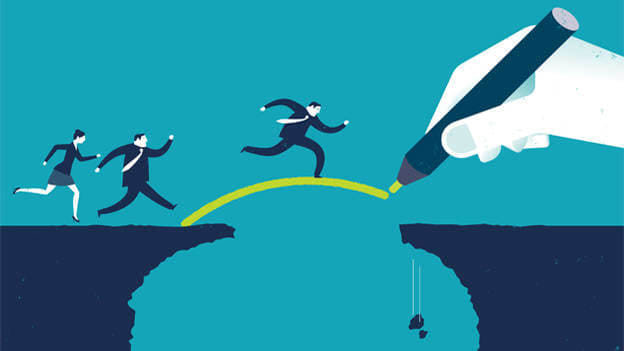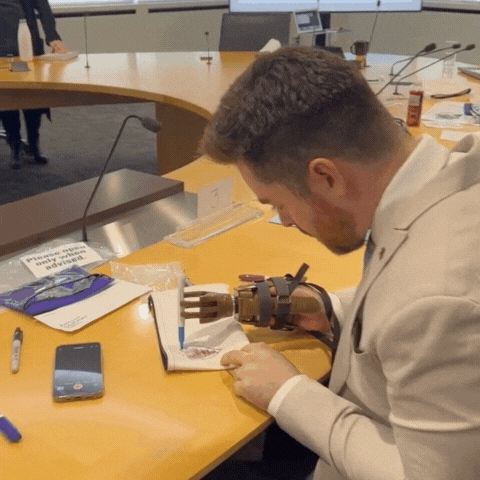The importance of Time off:
Right now, there’s not a lot of separation between work and home – especially if you don’t have a designated space for a home office. For many of us, the learning curve of adapting to a work-from-home situation was rough, and the need to refocus and re-balance to recharge is high. The focus for many of us needs to be avoiding burnout. Using paid vacation time – to it’s fullest – is a great way to combat feels of work fatigue and stress. What’s even more interesting is not only does time off make employees happier, but it strengthens productivity and work-place morale. Getting together in person or virtually and sharing holiday stories promotes a fun workplace culture.
Best Practices for Employers and Employees
From an employer’s perspective, studies show that team members who take time off return with increased focus and productivity. It’s no secret that time off avoids burnout, lowers stress levels at work, and helps company culture. Encouraging your team to take their paid time off or offering “recharge days” every other Friday promotes a healthy work environment and a well-balanced employee. Make sure managers and senior employers are taking their time – lead by example. If you’re promoting work life balance on paper, but not in practice, you’re not reflecting proper culture and your employees won’t take time off either.
As an employee, your allocated paid time off is for you to use. Even if there is potential to roll these days over, consider investing in your present well-being by using the time to recharge now. There is sometimes a sense of guilt in taking time off- nip that in the bud – time off helps you return invigorated and refreshed! It’s yours to take, so reconsider squirreling it away.
Coming out of the 2021 pandemic, there’s been a reevaluation of the traditional work week – an audit not only on space is most considered for work but also a push for deliverables rather than the 9 -5 workday hours. Data collected from a recent study in Iceland shows stark benefits in a 4-day work week. Conversations are being had that put into question the conventional norm and value personal health and professional success over hours accumulated at the workplace.
As an employee, your allocated paid time off is for you to use. Even if there is potential to roll these days over, consider investing in your present well-being by using the time to recharge now. There is sometimes a sense of guilt in taking time off- nip that in the bud – time off helps you return invigorated and refreshed! It’s yours to take, so reconsider squirreling it away.
Coming out of the 2021 pandemic, there’s been a reevaluation of the traditional work week – an audit not only on space is most considered for work but also a push for deliverables rather than the 9 -5 workday hours. Data collected from a recent study in Iceland shows stark benefits in a 4-day work week. Conversations are being had that put into question the conventional norm and value personal health and professional success over hours accumulated at the workplace.
Best practice to divide home vs office
If its possible, try to create a separate workspace. Get creative with room dividers, temporary curtains, and plants. When your day is done, don’t just leave the room but make sure to shut off your devices including work notifications on your mobile. You can even explore setting notifications only you’re your designated set of priority people to try and create a boundary. Definitely eat lunch away from your workstation and try to be active before and after your work hours.
Takeaways
• Take your vacation in the year its allocated; we can all use a break now.
• Senior leaders need to promote taking time off by taking their own vacation
• Consider providing recharge days to promote mental health. This could even be a half day on a Friday or Wednesday afternoon; doesn’t have to be a long period






